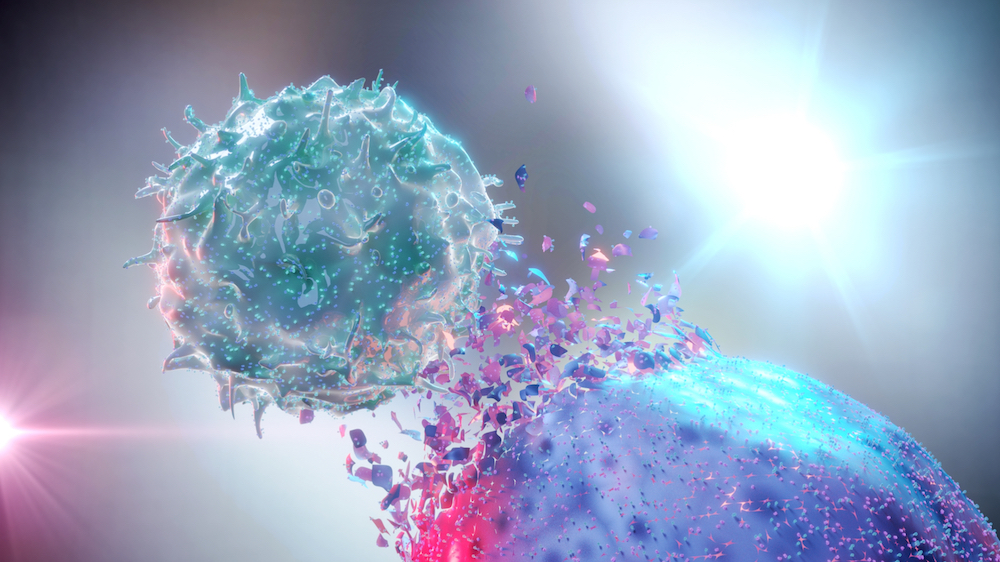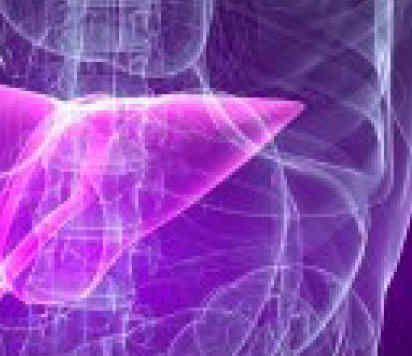
The immune system serves to maintain tissue integrity by detecting sources of injury and acting to eliminate these, whilst limiting damage to normal cells: the immune system is intimately involved in the development and control of cancer.
Cancer cells bear antigens that mark them as different from normal self cells and can be detected and destroyed by various immune populations. In order to survive and grow, cancers must employ mechanisms to evade immune control: many of these evasion mechanisms involve subverting normal physiological processes that prevent damage to self, otherwise known as “tolerance”.
A deeper understanding of how the immune system is regulated in cancer has led to the development of new treatments such as monoclonal antibodies that target T cell inhibitory receptors that have transformed patient care and survival outcomes across disease types. Cancer vaccines, adoptive cell therapies for solid cancers and other approaches are currently in clinical trials. For reasons we do not understand, most patients still fail to benefit from established immunotherapies. By studying the immune system in cancer, we hope to develop new treatments, diagnostic and stratification tools.
Aims
Work in the Division aims to understand how cancers are recognised by immune cells, how cancer cells evade immune destruction, how they are eliminated by the immune system, how this can be boosted and how treatment can be personalised. We:
- Carry out basic and translational research to better understand these questions
- Initiate and collaborate in large scale clinical trials to test our ideas and generate samples for study
- Collaborate widely with academic, clinical and industrial partners nationally and internationally.
- Offer educational and training programs to train the next generation of cancer immunologists
- Engage with community and patient groups
Lead researchers and their groups
Professor Sadaf Ghaem-Maghami
/prod01/channel_3/media/migration/faculty-of-medicine/Sadaf-Ghaem-Maghami--tojpeg_1564578121522_x4.jpg)
Professor Sadaf Ghaem-Maghami
Professor of Gynaecological Oncology
Dr Ehsan Ghorani
/prod01/channel_3/media/images/people-list/Ehsan-Ghoran.jpeg)
Dr Ehsan Ghorani
Clinical Senior Lecturer in Medical Oncology
Professor Iain McNeish
/prod01/channel_3/media/migration/faculty-of-medicine/IAMcN_photo--tojpeg_1563792749549_x4-1.jpg)
Professor Iain McNeish
Chair in Oncology
